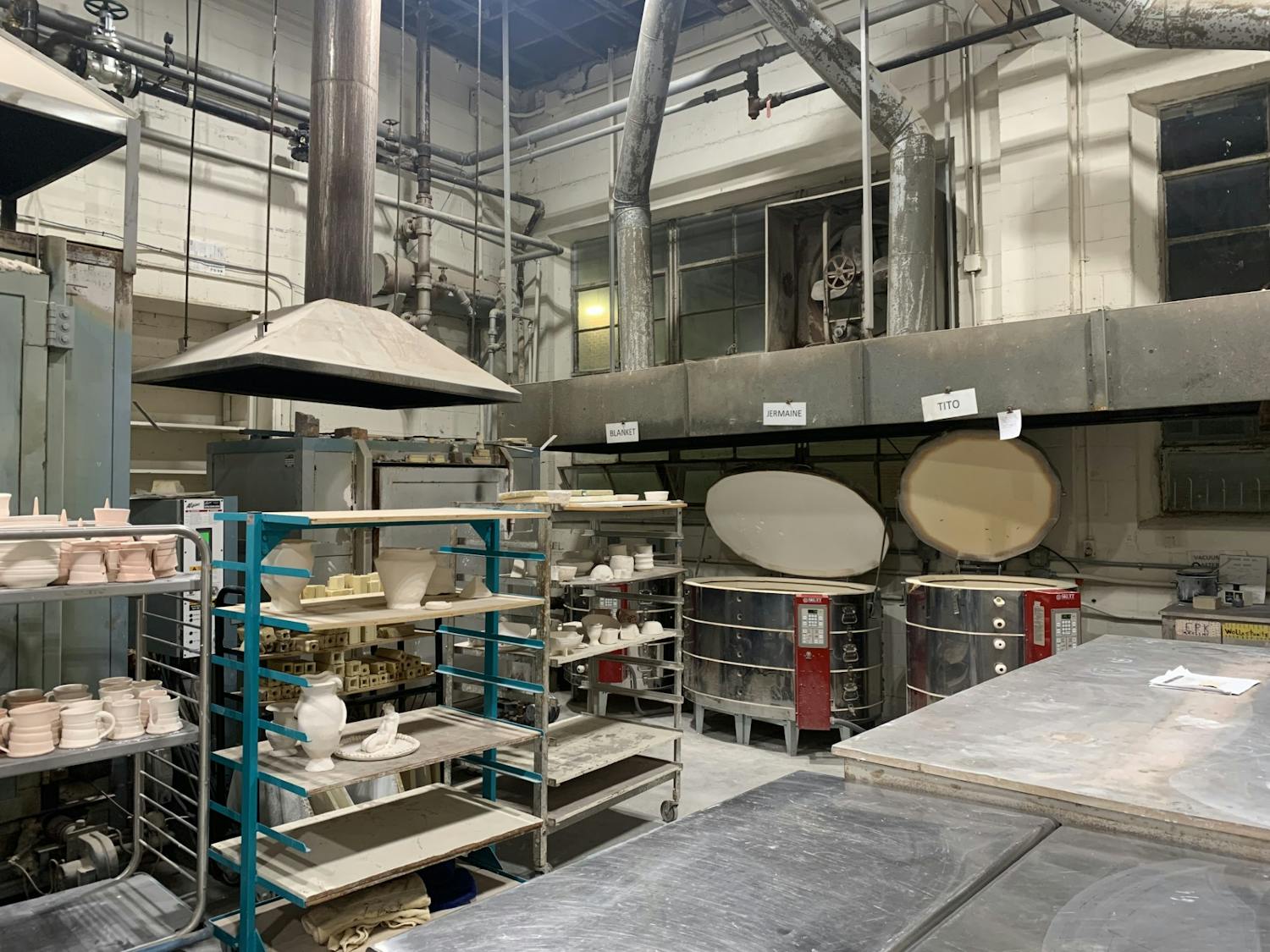In his book “Those Who Remain,” G. Michael Hopf wrote, “Hard times create strong men. Strong men create good times. Good times create weak men. And, weak men create hard times.”
The hard times are officially here as the COVID-19 pandemic sweeps across the planet. To date, 351,705 people have been infected worldwide. Of those infected, 15,361 have died.
At a glance, those numbers seem low, and in perspective with other diseases they are. Still, unofficially they are most likely higher, with nations like China covering up their real numbers and others, like the U.S., having low amounts of testing. We won’t know the full extent of the damage until after this pandemic is over.
And when it’s over, we’re going to have to deal with the economic and political fallout from quarantining everyone in their homes. Entire nations are frozen in place as our global economy begins to collapse under the weight of people not working. The chances of the world facing another Depression are high as our leaders bicker about which companies to bail out and what pet projects get to be saved.
But that’s an entirely different article for another time. For now, let’s focus on you, the new student that’s coming to the University of Memphis in the fall.
Times must seem crazy for you right now. A couple of weeks ago, you were looking forward to graduating and moving on to college. Now, the whole world is up in flames, and your future seems uncertain. Will there even be a college to go to in the fall?
The answer to your question is yes. Your life is going to go on. And eventually, you’re going to walk across the stage with a degree from the University of Memphis.
This is a small bump in the road for humanity. Our species has a history of making it through the hard times. Here are some examples.
Europe was rocked by the bubonic plague during the 14th century. While its origins are still unknown, the Black Death is estimated to have killed between 30% to 60% of the entire world population. In Europe alone, it killed as many as 475 million people.
And while Europe eventually recovered, it took roughly 200 years to do so. Some places like Florence did not fully recover until the beginning of the 20th century. That said, humanity plowed through it and rebuilt Europe into the place that it is today.
Our own country has had its fair share of hardships. In 1918, the Spanish Flu, named after the neutral nations reporting of the flu during WWI, killed as many as 100 million people throughout the world. The U.S. lost up to 675,000 of its citizens to the Spanish flu during this time period.
Our nation would recover in time to face the Great Depression, which cost millions of American workers their jobs. Roughly 23% of all Americans were out of work at the peak of the depression. To make matters worse, the nation would find itself at war with Japan and Nazi Germany a few short years later. Hard times.
Yet, the nation came together and pushed through. We beat the Great Depression and won one of the greatest wars ever to be fought on the face of the Earth. And we rebuilt our nation into the superpower that it is today.
So, fear not new student, the University of Memphis is waiting for you. The professors here are ready to educate you despite the hardships we face. This is the campus that trained pilots during World War II. It’s the campus that turned itself into a hospital and treated 44,000 veterans in 1943 to help with the war effort.
It will be the campus that gets you a college degree. Hard times are here, but life will go on.





